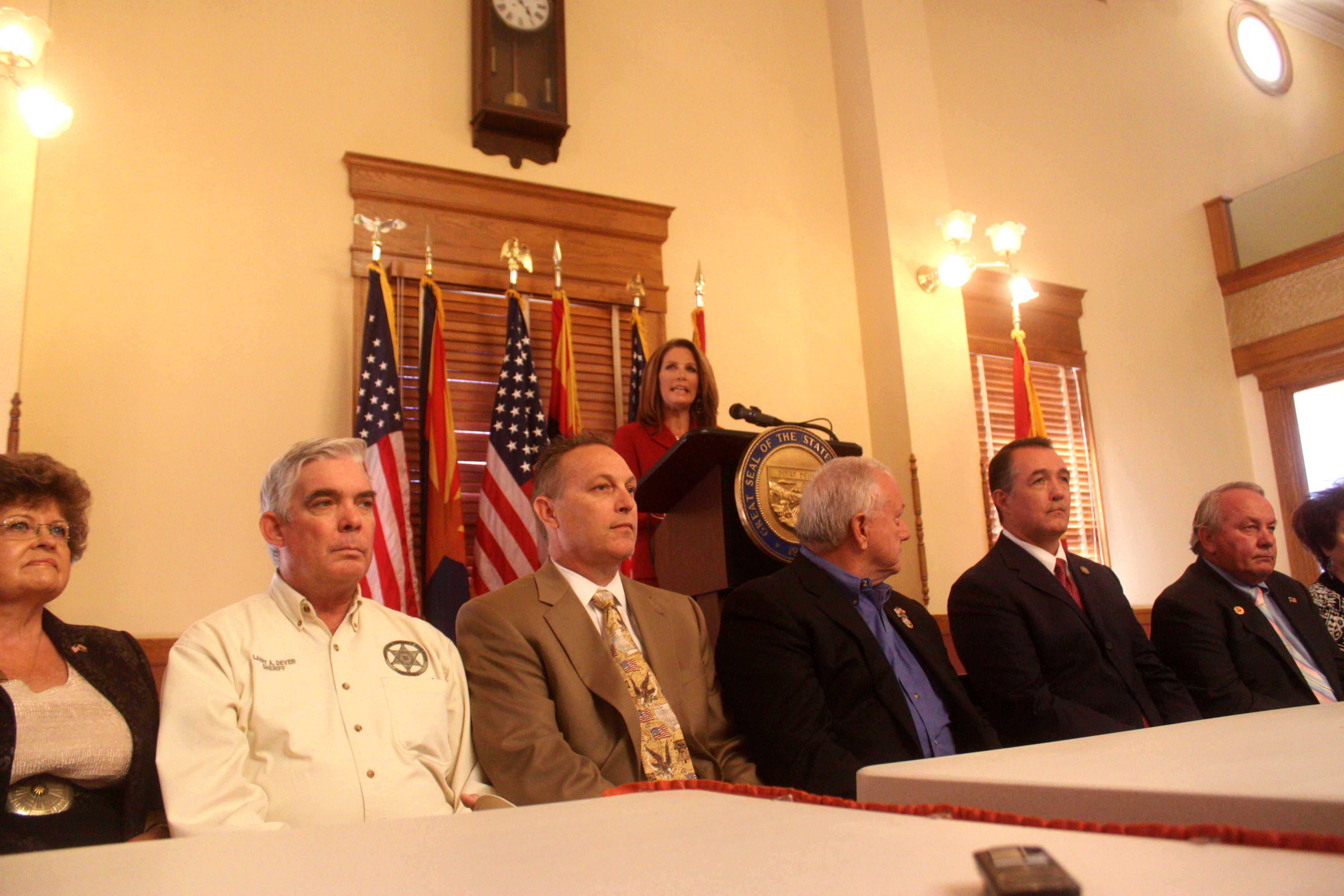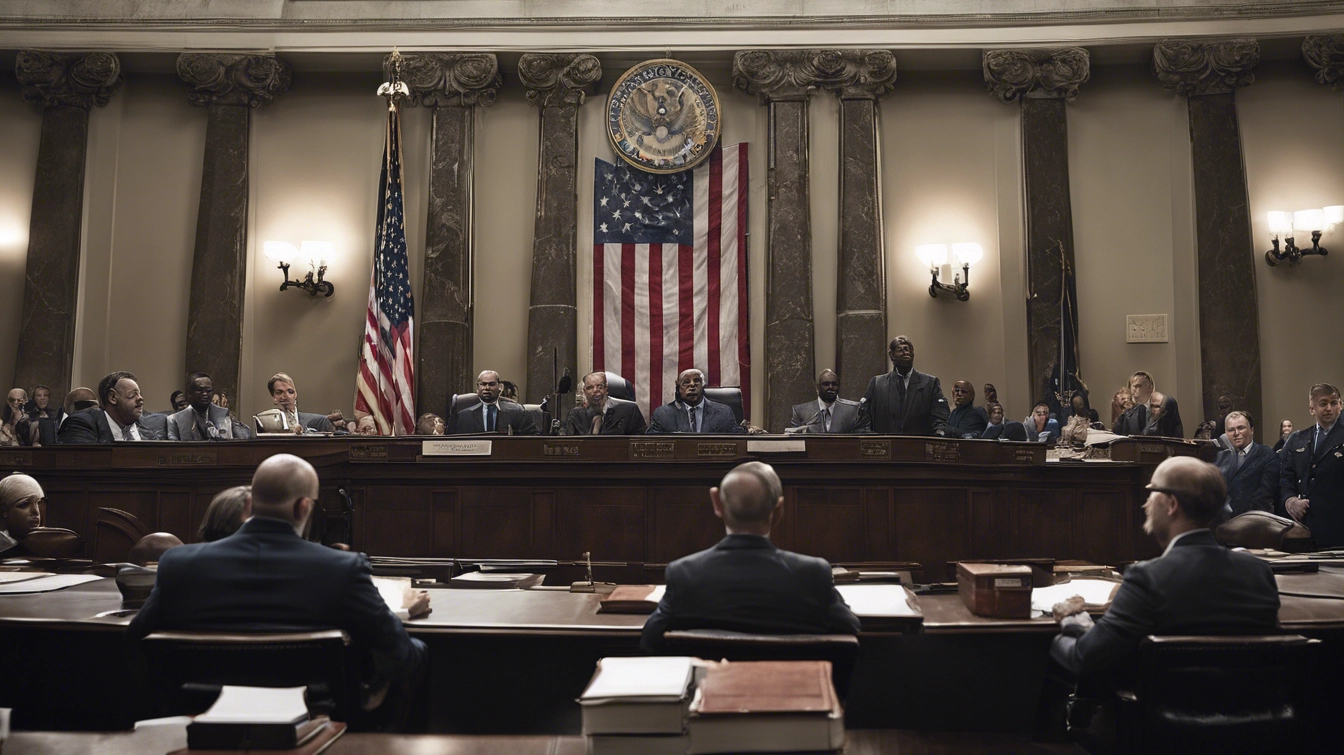
Overview of Legislative Measures
Recently, lawmakers have been ramping up efforts to ensure federal officials are held accountable for civil rights abuses. This initiative aims to foster a culture of transparency and justice within the government, particularly in light of numerous high-profile cases involving police brutality, racial discrimination, and other human rights violations.
Key Legislative Initiatives
The following table highlights some of the most significant legislative measures introduced to address federal officials’ civil rights abuses:
| Legislation | Purpose | Status |
|---|---|---|
| Justice in Policing Act | Address police misconduct and racial discrimination | Pending |
| George Floyd Justice in Policing Act | Prohibit racial profiling and mandatory use of body cameras | Passed House |
| End Racial and Religious Profiling Act | Ban racial and religious profiling | Introduced |
Key Figures and Committees
Certain lawmakers and committees have been at the forefront of these legislative efforts. Their influence and commitment are essential in driving this significant change. Key figures include:
- Representative Karen Bass (D-CA) – Chair of the Congressional Black Caucus
- Senator Cory Booker (D-NJ) – Strong advocate for criminal justice reform
- Senator Tim Scott (R-SC) – Lead Republican voice in bipartisan efforts
Impactful Case Studies
Understanding how these legislative measures impact real-life scenarios can provide a more comprehensive view of their importance. Here are some notable case studies:
The George Floyd Case
One of the most pivotal moments in the fight for accountability was the tragic death of George Floyd. His death sparked nationwide protests and led to the proposal of the George Floyd Justice in Policing Act. This legislation seeks to introduce reforms such as bans on chokeholds and the requirement for body cameras.
Breonna Taylor’s Tragedy
Breonna Taylor’s death during a flawed police raid brought significant attention to the need for police accountability. Lawmakers proposed changes to no-knock warrants and have called for the federal tracking of police misconduct.
Benefits of Increased Accountability
Holding federal officials accountable for civil rights abuses can lead to various benefits:
- Enhanced Trust: Rebuilding trust between communities and law enforcement.
- Deterrence: Establishing a deterrent effect to prevent future abuses.
- Justice and Redress: Ensuring victims receive justice and appropriate redress.
- Policy Improvement: Better-informed policies and practices based on accountability statistics.
Practical Tips for Engaging with Legislation
As citizens, understanding how to engage with these legislative efforts can play a crucial role in driving change:
- Stay Informed: Follow updates on legislation and committee hearings.
- Contact Representatives: Write or call your local representatives to express support or concerns.
- Join Advocacy Groups: Participate in civil rights and advocacy groups working towards these legislative goals.
- Voting: Ensure you participate in elections to vote for representatives who prioritize civil rights.
Conclusion
The ongoing legislative efforts to hold federal officials accountable for civil rights abuses signify a pivotal shift towards transparency and justice. By understanding the legislative measures, key players, impact of case studies, and benefits of increased accountability, we, as citizens, can effectively contribute to this transformative movement.


